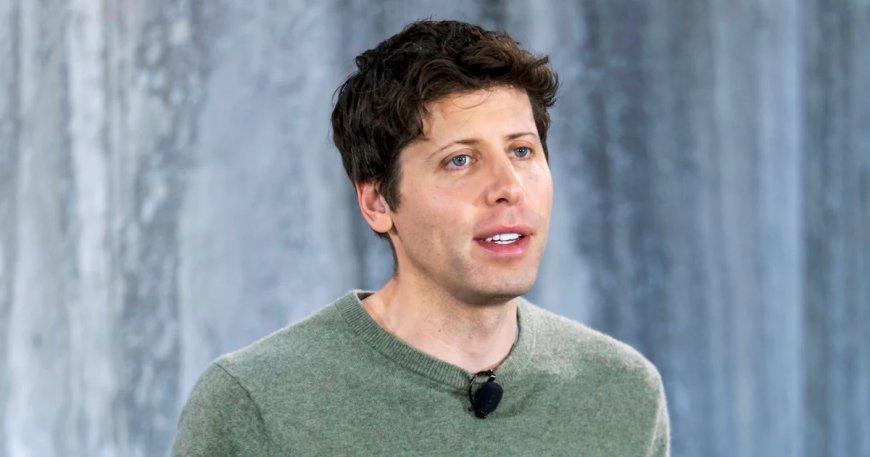Sam Altman Reveals OpenAI's Decision to Delay GPT-5 Training
OpenAI delays training of GPT-5 amidst concerns from industry. CEO Sam Altman emphasizes safety measures and collaboration with regulators.

OpenAI, the prominent AI research organization, has announced a delay in the development of its next-generation language model, GPT-5. This decision comes in response to concerns raised by industry executives and academics regarding the rapid advancements in large language models. OpenAI's CEO, Sam Altman, stated that the company still has a lot of work to do before commencing the training of GPT-5 and that they are currently focused on exploring new ideas and necessary improvements.
In March of this year, more than 1,100 signatories, including prominent figures like Elon Musk and Steve Wozniak, signed an open letter calling for a six-month pause on training AI systems more powerful than GPT-4. While Altman acknowledged the concerns expressed in the letter, he stated that it lacked technical nuance. He reassured the public that OpenAI had not yet initiated training for GPT-5 and had no immediate plans to do so.
Altman further addressed the worries surrounding AI and emphasized OpenAI's commitment to addressing potential risks and ensuring safety. The organization is actively conducting external audits, red-teaming exercises, and safety tests as part of its evaluation process. Altman highlighted that it took more than six months after the completion of GPT-4 before its release, underscoring the rigorous testing and precautionary measures undertaken by OpenAI.
During the interview, Altman also expressed OpenAI's stance against regulating smaller AI startups. He emphasized that the organization has called for regulation only on themselves and other major players in the field.
As part of OpenAI's efforts to build trust and collaboration with regulators, Altman is actively engaging with lawmakers and industry stakeholders worldwide. In these meetings, he urges policymakers to carefully consider the potential risks and negative implications of AI proliferation. Altman advocates for the establishment of safeguards to minimize unintended accidents or misuse of the technology.
OpenAI's decision to postpone the training of GPT-5 reflects their commitment to addressing concerns surrounding powerful language models. By prioritizing safety measures, external audits, and collaboration with regulators, OpenAI aims to ensure responsible and beneficial AI development in the future.
